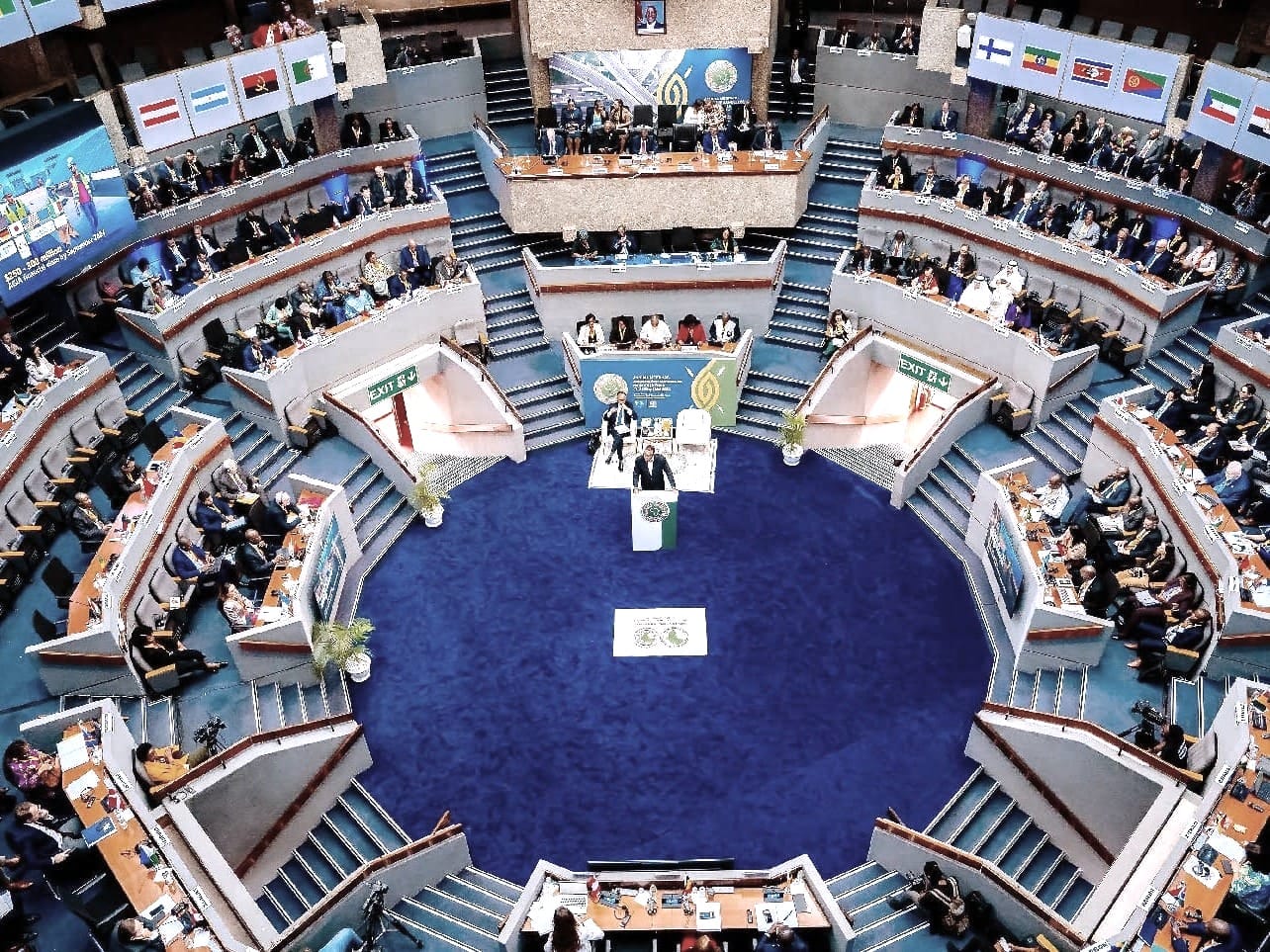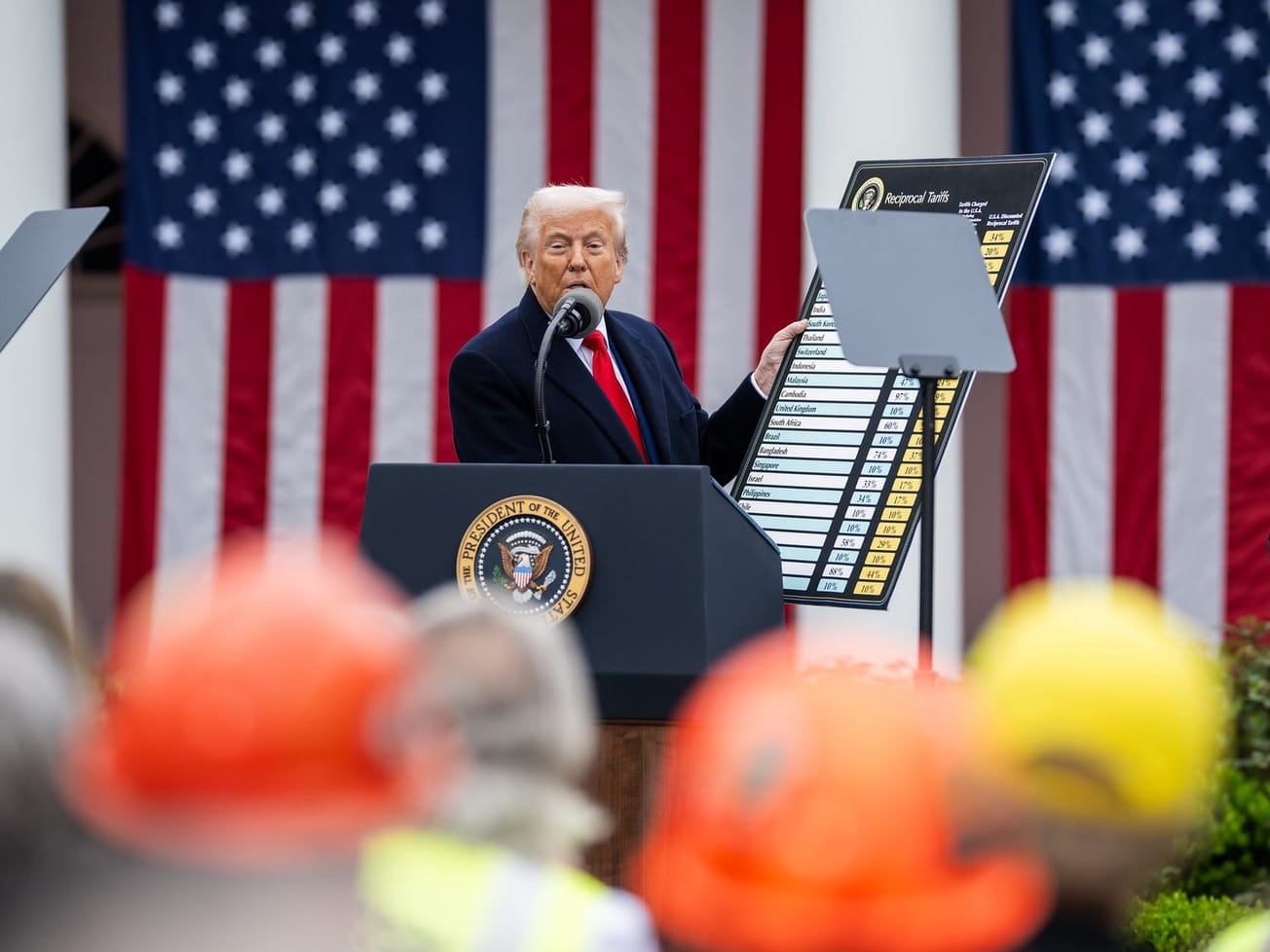NAIROBI (AN) – African leaders pressed for reforms in the global financial system to enable countries to tackle immediate challenges including climate change and crippling foreign debts.
As its annual meeting drew to a close on Friday, the African Development Bank announced that its governors, representing shareholders from 82 countries, approved a $117 billion, or 58%, general capital increase. Maintaining its AAA credit rating helps the bank borrow on the financial markets and increase lending to countries coping with financial stress from high borrowing rates, climate adaptation and geopolitics.









